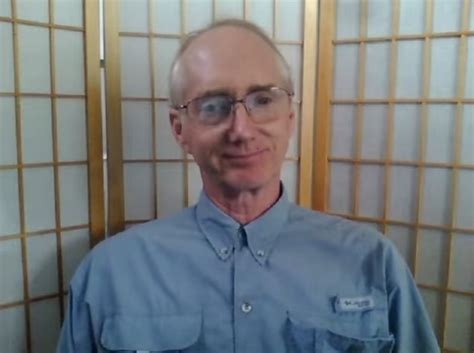A Quote by Dominic Grieve
Related Quotes
If the state cannot be entirely composed of good men, and yet each citizen is expected to do his own business well, and must therefore have virtue, still inasmuch as all the citizens cannot be alike, the virtue of the citizen and of the good man cannot coincide. All must have the virtue of the good citizen - thus, and thus only, can the state be perfect; but they will not have the virtue of a good man, unless we assume that in the good state all the citizens must be good.
Others - as most legislators, politicians, lawyers, ministers, and office-holders - serve the state chiefly with their heads; and, as they rarely make any moral distinctions, they are as likely to serve the devil, without intending it, as God. A very few - as heroes, patriots, martyrs, reformers in the great sense, and men - serve the state with their consciences also, and so necessarily resist it for the most part.
For the power given to Congress by the Constitution does not extend to the internal regulation of the commerce of a State (that is to say, of the commerce between citizen and citizen,) which remain exclusively with its own legislature; but to its external commerce only, that is to say, its commerce with another State, or with foreign nations, or with the Indian tribes.
A free citizen in a free state, it seems to me, has an inalienable right to play with whomsoever he will, so long as he does not disturb the general peace. If any other citizen, offended by the spectacle, makes a pother, then that other citizen, and not the man exercising his inalienable right, should be put down by the police.
And finally remember that nothing harms him who is really a citizen, which does not harm the state; nor yet does anything harm the state which does not harm law [order]; and of these things which are called misfortunes not one harms law. What then does not harm law does not harm either state or citizen.
It is interesting to observe that in the year 1935 the average individual's incurious attitude towards the phenomenon of the State is precisely what his attitude was toward the phenomenon of the Church in the year, say, 1500. It does not appear to have occurred to the Church-citizen of that day, any more than it occurs to the State-citizen of the present, to ask what sort of institution it was that claimed his allegiance.


































